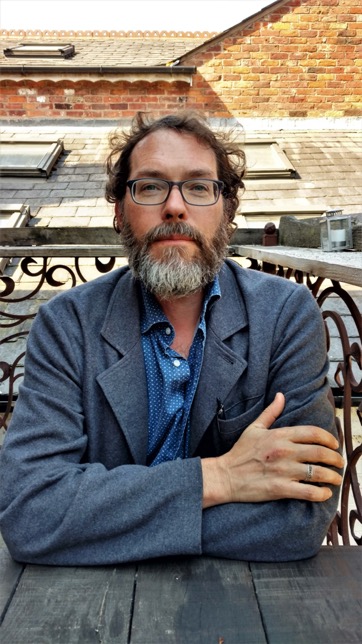Takeaway
Burnout and emotional detachment are common in medical training. Being aware of this and truly listening to patients can help us renew our compassion.

Creative Arts in Medicine | October 31, 2023 | 2 min read
By David Kopacz, MD, University of Washington
it is 4 a.m.
as I lean against the wall
listening to the story of another patient
sitting on a cart in the West Side VA
his urine tox is cocaine +
tears
streaming down his face
as he tells his story
I find it curious that he cries without emotion
I find it curious that he cries and I have no emotion
only impatience to decide if he comes in or goes out
only anger because he woke me up
only none of the things a human being normally feels for another’s pain
the story is of no importance to me
just a vehicle
for the decision
in or out
sure, there are different characters, plots, situations
there are either more drugs or less
the story is either more or less legitimate
the story is either more or less of a lie
in the end
there are only two morals to any story
in or out
This poem was written at a point where I was getting burned out and cynical in my psychiatric training. (Incidentally, my poem “Mr. Gonzalez Lay Living” was also written around this same time and also featured the emotional disconnection of someone crying without emotion.) “It is 4 a.m.” illustrates the ultimate in reductionism, reducing a person’s life story down to a binary decision: in or out.
The burnout triad is often described as emotional exhaustion, depersonalization, and a sense of decreased personal accomplishment. I was feeling all of these with emotional detachment from myself and others, a dehumanization of myself and others, and a feeling that what I did really didn’t matter much, as patients seem to endlessly flow in and out of the hospital; working in the emergency department I never heard any success stories.
In my second year of the program, I did a rotation through the inpatient substance abuse ward. I listened to a veteran who described cycling in and out of the emergency department and in and out of drug use for years. Then he had a period of years of extended sobriety before a recent relapse. I asked him what made the difference and he said “Bottoming out, really bottoming out, and being given a chance.” After that, I changed my view on my role in the emergency department on call. My job was to open the door to treatment and it didn’t really matter whether patients took advantage of the opportunity or if they thought they were taking advantage of me and the VA. It was for that occasional person who had truly bottomed out and need someone to care and give them a chance.
This piece expresses the views solely of the author. It does not necessarily represent the views of any organization, including Johns Hopkins Medicine.

